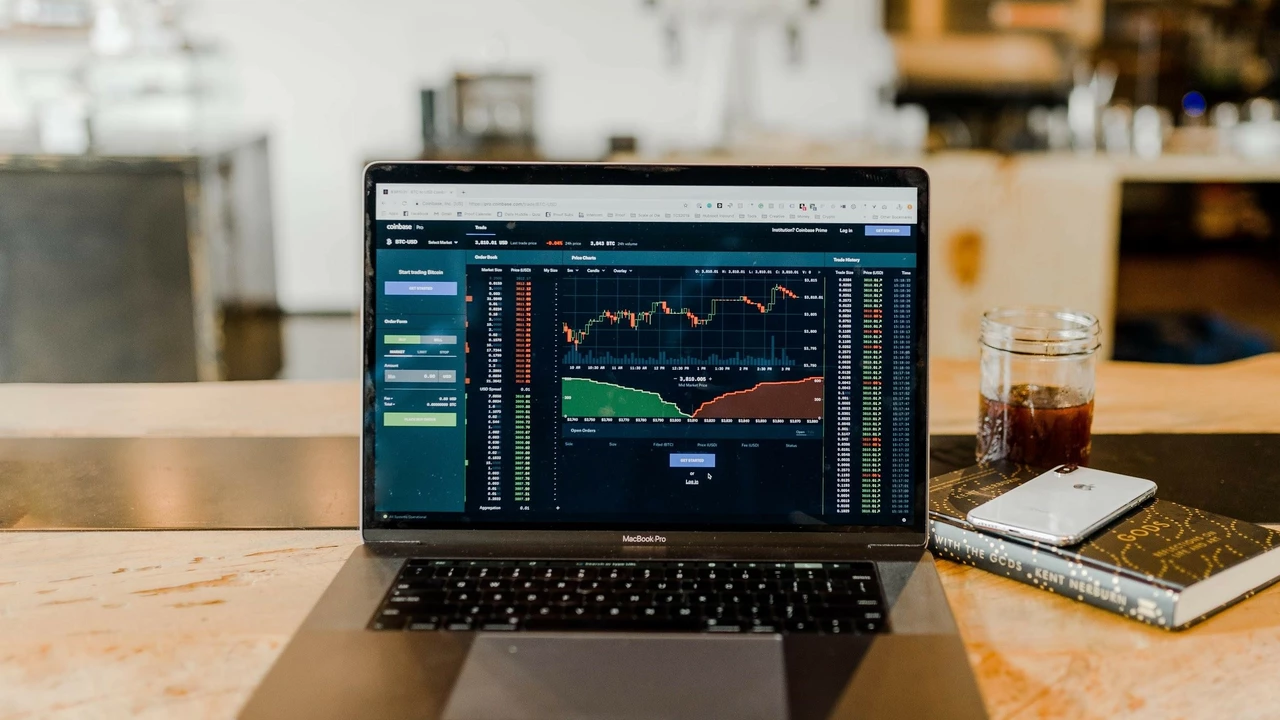Understanding the World of Institutional Trading
The world of institutional trading isn't for the faint of heart. It involves a high level of financial acumen, a deep understanding of market dynamics, and the ability to make quick, high-stakes decisions. But what platforms do these elite traders typically use? In this article, we'll dive into the world of institutional trading and the platforms that facilitate it.
An Overview of Institutional Trading Platforms
Institutional trading platforms are software applications used by institutional traders to execute large-scale trades. They are designed to handle high volumes of trades and offer advanced features that are not typically found in platforms designed for retail traders. These platforms are used by financial institutions like banks, hedge funds, and mutual funds to carry out their trading activities. They offer advanced tools for analysis, risk management, and algorithmic trading.
Direct Market Access Platforms
Direct market access (DMA) platforms are popular among institutional traders. These platforms allow traders to place orders directly into the stock exchange's order book, bypassing brokers. This provides traders with greater control over their trades and allows them to implement complex trading strategies. Some popular DMA platforms include Fidessa, FlexTrade, and Tradair.
Electronic Communication Networks
Electronic communication networks (ECNs) are another type of platform that institutional traders use. ECNs connect buyers and sellers directly, eliminating the need for intermediaries. This results in faster execution times and lower costs. Some well-known ECNs include E*Trade, Interactive Brokers, and NASDAQ's INET.
Algorithmic Trading Platforms
Algorithmic trading platforms are used by institutional traders to automate their trading strategies. These platforms allow traders to program their trading algorithms, which can then execute trades automatically based on predefined criteria. Algorithmic trading platforms can handle high volumes of trades and can execute them at high speeds. Some popular algorithmic trading platforms include AlgoTrader, QuantHouse, and Trading Technologies.
Fixed Income Trading Platforms
Institutional traders dealing with fixed income securities often use specialized trading platforms. These platforms offer tools for pricing, risk management, and analysis of fixed income securities. Platforms like Tradeweb, MarketAxess, and Bloomberg Terminal are commonly used in this space.
Forex Trading Platforms
For institutional traders involved in forex trading, platforms like MetaTrader 4, Currenex, and Integral's FX Inside are popular choices. These platforms offer advanced tools for analysis, risk management, and trade execution in the forex market.
Commodity Trading Platforms
Traders dealing with commodities often use platforms designed specifically for commodity trading. These platforms provide tools for managing risk, analyzing market trends, and executing trades. Platforms like CQG, TT, and Eikon are commonly used by institutional commodity traders.
Choosing the Right Platform
Choosing the right trading platform is a crucial decision for institutional traders. The right platform can provide the tools and features needed to execute successful trading strategies. When choosing a platform, traders should consider factors like cost, usability, the quality of customer service, and the platform's reputation in the industry. By doing so, they can ensure that they choose a platform that meets their needs and helps them achieve their trading goals.
